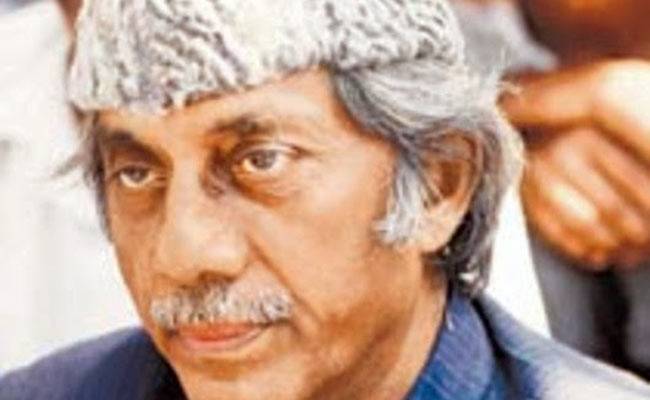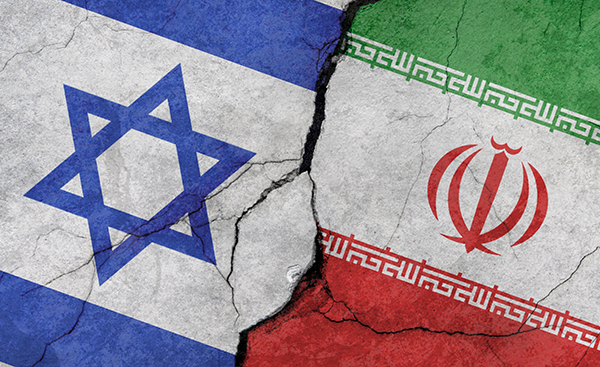Here are ten significant historical events that happened on July 13:
1. Battle of Gravelines (1558)
The Battle of Gravelines took place on July 13, 1558, and was a naval confrontation between the Kingdom of Spain and the Kingdom of France. The Spanish fleet, commanded by Count Lamoral of Egmont, successfully defeated the French fleet under the command of François de Coligny d’Andelot. This battle was a significant victory for Spain during the Italian Wars and marked the decline of French naval power.
2. Siege of Orléans Ends (1429)
On July 13, 1429, the Siege of Orléans ended, marking a turning point in the Hundred Years’ War between France and England. Joan of Arc, a young French peasant girl who claimed to have visions from God, played a crucial role in lifting the siege. Her leadership and inspiration rallied the French forces, leading to a decisive victory and boosting French morale.
3. Union of Utrecht (1579)
The Union of Utrecht was signed on July 13, 1579, forming a defensive alliance between seven northern provinces of the Netherlands. This union laid the foundation for the Dutch Republic and was a critical step in the Dutch struggle for independence from Spanish rule. The signatories pledged to support each other in their fight for religious and political freedom.
4. The Great Fire of London (1865)
On July 13, 1865, the Great Fire of London broke out in the warehouses of the wharf at Tooley Street, leading to widespread destruction. The fire burned for several days, causing significant damage to the area and prompting changes in fire safety regulations and building codes in the city. This event highlighted the importance of modernizing firefighting techniques and infrastructure.
5. Henry VIII Marries Catherine Parr (1543)
On July 13, 1543, King Henry VIII of England married his sixth and final wife, Catherine Parr. Catherine was instrumental in reconciling Henry with his daughters, Mary and Elizabeth, and played a crucial role in promoting the Protestant Reformation in England. Her marriage to Henry brought stability to the royal court and helped secure the future of the Tudor dynasty.
6. Alfred Nobel Patents Dynamite (1867)
On July 13, 1867, Swedish chemist Alfred Nobel received a patent for dynamite. This invention revolutionized the construction and mining industries by providing a safer and more efficient way to blast rock and other materials. Nobel’s invention also had significant implications for warfare, leading him to establish the Nobel Prizes to promote peace and scientific progress.
7. The New York Draft Riots (1863)
The New York Draft Riots began on July 13, 1863, in response to the Union Army’s conscription during the American Civil War. The riots were fueled by anger over the draft’s perceived inequities, as wealthier men could pay for substitutes. The violence, primarily directed at African Americans and the wealthy, lasted for several days and resulted in numerous deaths and extensive property damage.
8. Live Aid Concerts (1985)
On July 13, 1985, the Live Aid concerts took place simultaneously in London and Philadelphia to raise funds for famine relief in Ethiopia. Organized by Bob Geldof and Midge Ure, the concerts featured performances by some of the biggest names in music, including Queen, U2, and David Bowie. The event raised millions of dollars and increased global awareness of the humanitarian crisis in Africa.
9. FIFA World Cup: Germany Wins (2014)
On July 13, 2014, Germany won the FIFA World Cup by defeating Argentina 1-0 in the final match held in Rio de Janeiro, Brazil. The victory marked Germany’s fourth World Cup title and their first as a unified nation. The winning goal was scored by Mario Götze in the 113th minute, making it one of the most memorable moments in World Cup history.
10. Opening of Disneyland (1955)
On July 13, 1955, Disneyland in Anaheim, California, held its press preview day before officially opening to the public on July 17. Walt Disney’s vision of a theme park where families could enjoy rides and attractions together became a reality, revolutionizing the entertainment industry. Disneyland set the standard for theme parks worldwide and remains one of the most popular tourist destinations.






